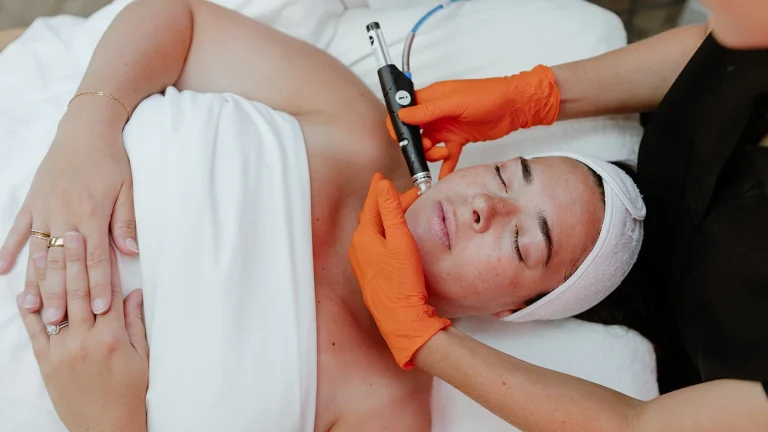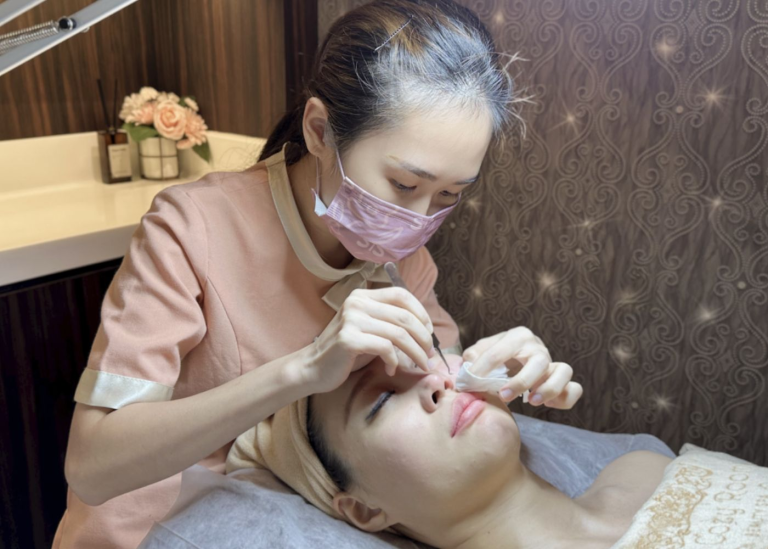Overactive bladder is a problem that is associated with the sudden and difficult-to-control urge to urinate. The urge may be impossible to stop, meaning that people suffering from the issue can experience involuntary loss of urine. As such, people with overactive bladder may feel embarrassed and consequently isolate themselves. Therefore, the problem can badly limit a patient’s work and social life. Luckily, overactive bladder in Wildwood can be managed by an experienced urogynecologist. Below are some important things that you should know about overactive bladder.
Symptoms of an Overactive Bladder
Overactive bladder is associated with a number of signs and symptoms. Some of the most common ones include:
- Experiencing a sudden urge to urinate that is hard or impossible to control
- Experiencing involuntary loss of urine immediately after an urgent need to urinate. This is usually known as urge incontinence
- Frequent need to urinate, usually eight times or more per day
- Awaking more than one time at night to urinate. The problem is known as nocturia.
Although overactive bladder is quite a common issue among seniors, it is not a normal part of aging. Therefore, if the symptoms are distressing you or significantly interfering with your life, it is imperative for you to seek the assistance of an experienced urogynecologist for diagnosis and treatment.

Causes of an Overactive Bladder
Under normal circumstances, urine is produced by the kidneys. It then drains into the bladder. As the bladder fills, nerve signals are relayed to the brain, which triggers the urge to urinate. When you are ready to urinate, the muscles of the bladder contacts and push the urine out through the urethra. When a person has an overactive bladder, the muscles of the bladder can contract involuntarily even when the bladder is not full. Some of the conditions that can cause overactive bladder include:
- Diabetes
- Neurological disorder
- Acute urinary tract infection
- Excess consumption of alcohol or caffeine
- Neurological disorders
- Bladder anomalies such as stones
- Deteriorating cognitive function as a result of aging
Prevention and Treatment of an Overactive Bladder
Once you have been diagnosed with overactive bladder, there are several treatments that are available for you. Some of them include:
- Weight loss
- Absorbent pads
- Bladder training
- Intermittent catheterization
- Scheduled toilet trips
- Pelvic floor muscle exercise
- Medication
- Nerve stimulation
- Bladder injections
- Surgery
Perhaps, the best way to deal with overactive bladder is to prevent the problem from occurring. Some of the preventive measures that you can adopt include:
- Maintaining a healthy weight
- Quitting cigarette smoking
- Regular physical exercise
- Limiting alcohol and caffeine consumption
- Managing chronic illnesses such as diabetes
The Bottom Line
Overall, it is apparent that although overactive bladder is quite a common issue among the elderly, it is not a normal part of the aging process. Luckily it is a condition that a reliable urogynecologist can treat. If you are looking for a dependable urogynecologist to help you with managing this issue, NUWA WORLD is an excellent health facility to visit. Feel free to contact them today for more information about overactive bladder.













